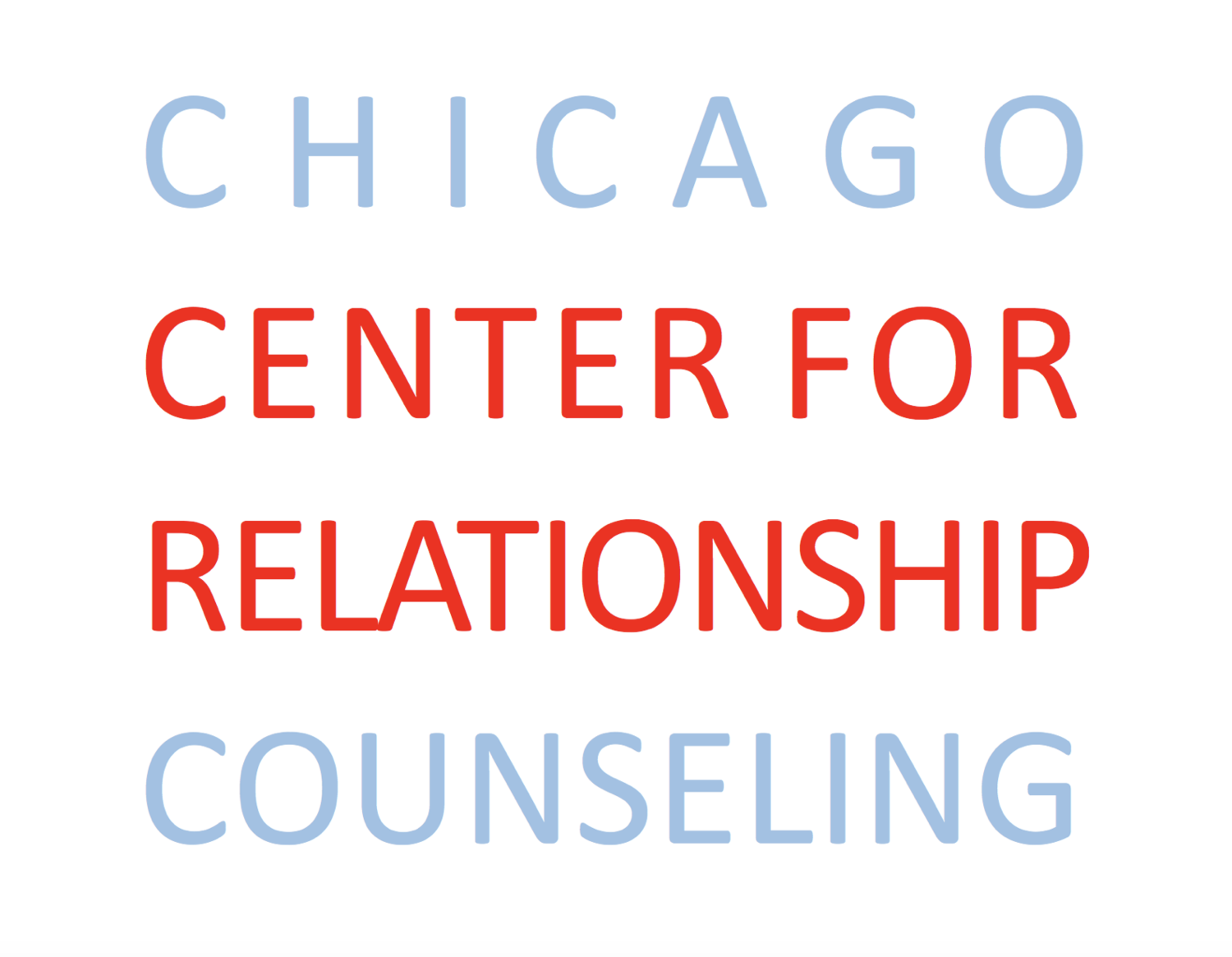Anxiety has become an accepted part of many people’s normal lives in our fast-paced, technology-driven society. Even as a therapist, I came to accept that I would feel the effects of my constant worrying every day and tried my best to ignore them- lost sleep, feelings of insecurity, hypervigilance, even anger. I caught myself labeling me as “an anxious person”.
However once I learned about the physical effects of anxiety on the body, I realized that I needed to prioritize de-stressing techniques in my life. Cortisol, the “fight or flight” hormone, increases when we are anxious. It helps us to be more alert and focused for a short time, but the problem arises when a person has chronic heightened levels of cortisol. Unfortunately then, the benefits are not the same and cortisol can be detrimental to our health. It can cause weight gain, a weaker immune system, interrupt learning and memory storage, and much more.
Not only is anxiety detrimental to your health, it can also affect your relationships. Anxiety can transform you from the caring, kind person that you are into a snappy monster that is unhappy and drives away your loved ones. Constantly being worried puts you on edge, which can be contagious for those close to you. It prevents intimacy and vulnerability because we are trying so hard to control everything around us.
It is difficult to break oneself of anxious behavior, but so necessary for your physical and relational health. Here are some simple tips to help you to relax and let go of worry.
Say no more often. Many anxious people have a problem with taking on too much. We want to be able to do it all, but unfortunately not only is that not practical, it decreases the quality of what we do. Practice saying “no” to some things, like a dinner party on a Friday night when you have had a long week and need time to recuperate, or even to a new project at work when you know you need more time to do your best on the one on which you are already working.
Write it down. A huge part of anxiety is obsessive, circular thoughts about what you have to do today, planning for the worst, and attempting to structure your life to a T in order to contain unease. It can help immensely to be able to write things down to “get them out” of your head. If you’re having trouble sleeping due to ruminating thoughts, write them down in a journal. Make a list of what you have to do today, and prioritize what is most important. Acceptance of the fact that you will not get everything done is essential.
Adult coloring books. It sounds silly, right? However, recent studies have been done showing that coloring is very similar to meditation- it helps us relax and be in the moment. It is a patterned, repetitive act that actually decreases heart rate and lengthens brainwaves. Give it a try!
Dedicate time to a hobby. Many people with anxiety need an outlet for their nervous energy. One of mine is knitting. Similar to the coloring book idea, doing something creative with your hands like knitting, needlepoint, or crochet can help you be in the moment and feel soothed. Other helpful hobbies can be running, yoga or other exercise of your choice, puzzles, building models, or reading.
Practice yoga breathing. Everyone says it- take deep breaths as a coping skill. Many people shake their head and think this won’t work for them, but there is a reason that all self-help books and websites tout this practice. Deep breathing provides space for you to calm your emotions before reacting. Try taking a deep belly breath in for three counts, and exhaling for three counts. Repeat several times. If it doesn’t “work” the first few times, keep trying! Practice makes perfect.
Recognize your triggers. All of these coping skills can help you manage distressed feelings, however we must look at the root of the problem. What drives your anxiety? Yes, you are busy and have a lot on your plate, perhaps financial worries, a high-pressure job, children, etc. Look more deeply though- how did you grow up? What were the messages in your childhood about how to be “good enough”? What are your catastrophic fears? Answering these questions is where the real work lies.
I know how anxiety can put a damper on happiness and permeate life and relationships. I believe that everyone deserves happiness and lightness. It can be hard work and may require the help of a therapist.
I hope these tips can be of help to you and your loved ones. For extra support in the form of individual or family counseling, please contact me.

